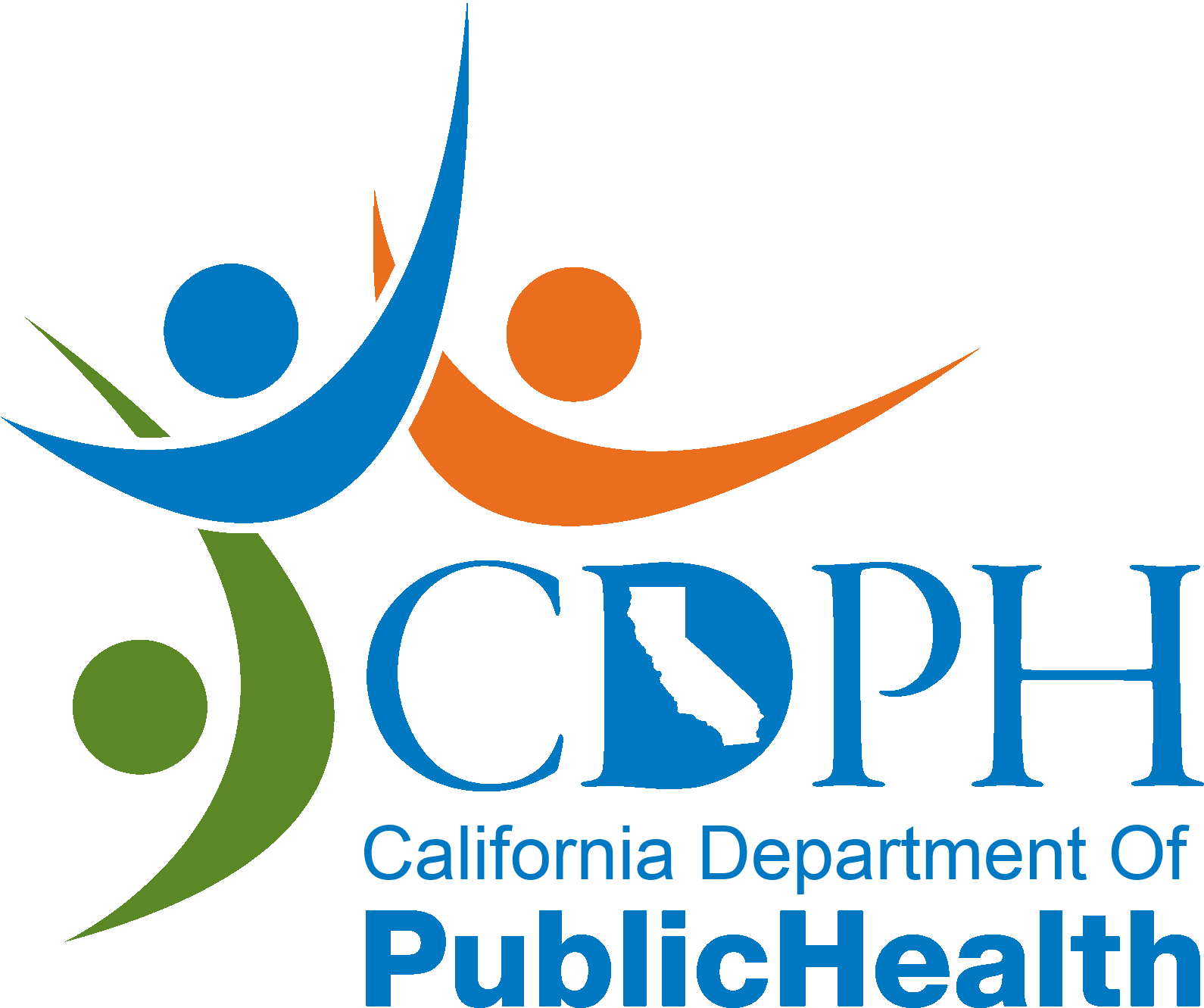Co-parenting is a complex path for parents to walk as they are raising children between two households. We are currently in the third part of a five-part series on co-parenting and in this post, we will be covering the topic of meetings, holidays, & handoffs. If you missed the first two parts, click here to visit our blog page, and make sure to come back over the next few weeks as we cover the remaining topics.
Co-parenting Meetings. Co-parenting meetings can be a helpful way to talk with your co-parent in a low-stressed environment. Scheduling ahead of time will allow you to come prepared with a specific plan. This should be a time you’ve both set aside, without your child. See some key things below to help prepare for your next co-parenting meeting.
- Set Boundaries. When it comes to co-parenting communication, you will be dealing with someone you decided not to stay married to so understandably it can be uncomfortable. By setting boundaries ahead of time, everyone will be on the same page and you can avoid future confrontations. You know that you must communicate, so try to know when, how, and what topics you’ll communicate about. It is important to agree on the topics that are off-limits to talk about.
- What About Discipline? You need to try to be on the same page with discipline because it can be very confusing for a child when they get mixed messages. For example, maybe at one house, there are rules, consequences, and expectations, and at the other house, there are no rules whatsoever. Kids need to know that mom and dad both have boundaries. Discuss those boundaries and how you will both handle discipline when those boundaries are crossed.
- Setting Schedules. There are so many details to consider when coordinating schedules. There is the schedule of going back and forth between both parents’ houses, but there are other things like extra–curricular activities, sports, and spending time with friends. You will both want to look at the big picture and decide what will and will not work. The more you can sit down and plan ahead, and when both parents know what the plan is, the less stress there is on the kids.
- Finances. The topic of finances can be very contemptuous, which is why it’s important on the list of topics to discuss. Coming up with a game plan will reduce stress for both the parents and the children. Keep your child as the focus and don’t allow personal preferences to get involved. You want to be sure the child doesn’t have to be worried or concerned about money in the midst of divorced parents.
Holidays & Special Occasions. Holidays can be really tough after a divorce. Some things that might make the holidays tough for a child are traveling, spending long periods of time away from one parent, wishing they were with both parents, etc. If you want your kids to have the best holiday, help them prepare for it. It could be helpful to discuss how you’ll handle those holidays at your co-parenting meetings. If both parents are communicating and there’s a plan, then the kids are less likely to get caught in the middle of an awkward situation. Always keep in mind what could make holidays the most relaxing and enjoyable for the kids. If you feel like you might be able to do it in a healthy way, talk to your co-parent about a new way to handle holidays until you find what works.
Key takeaway: If your attitude and your motive are always what is best for the kids, that will make their holidays the simplest and most enjoyable memories possible. In your child’s ideal world they would be able to spend time and the holidays with both parents.
Handoffs. How co-parents handle the handoff is important because kids need to know that when their parents are transitioning them between houses, there is nothing to be worried about. Part of handling the handoff is preparing the child. The parent that has the child should prepare them with positive words about where they’re headed next so that they know there’s a transition coming. The flip side is the other parent that’s coming to pick the child up, whether it’s at the front door of a home or another location, should come prepared for a little bit of an adjustment period. Coming to that handoff with a positive attitude, a plan, and assuming the best about the other parent is what’s best for all during these transitions.
At Options Health, we have a wonderful program to help women as they navigate motherhood and parenting. Earn While You Learn (EWYL) is a free program that provides education, emotional support, and material resources to expectant mothers through the toddler years of their baby’s life. Once enrolled in EWYL, you will be connected with a mentor to guide you through an amazing curriculum of parenting classes where you earn credits to be spent in our Care Closet; where you can get diapers, wipes, baby clothes, baby furniture, and more!
Are you a father? If so, we have an awesome program for you too! FIT (Fathers In Training) is a free program that will challenge you to be the best father you can be by walking alongside you through our skill-building fatherhood classes and mentorship.
If you are interested in either of these free programs, please contact us today!
Options Health is a safe place where you can confidentially come and discuss sexual health, pregnancy, and relationship issues with one of our patient advocates. Feel free to contact us today to take advantage of our free services, including pregnancy testing, ultrasound, pregnancy options consultation, STD testing, and abortion aftercare. Call us or text us to schedule an appointment. We are here for you and ready to listen!



